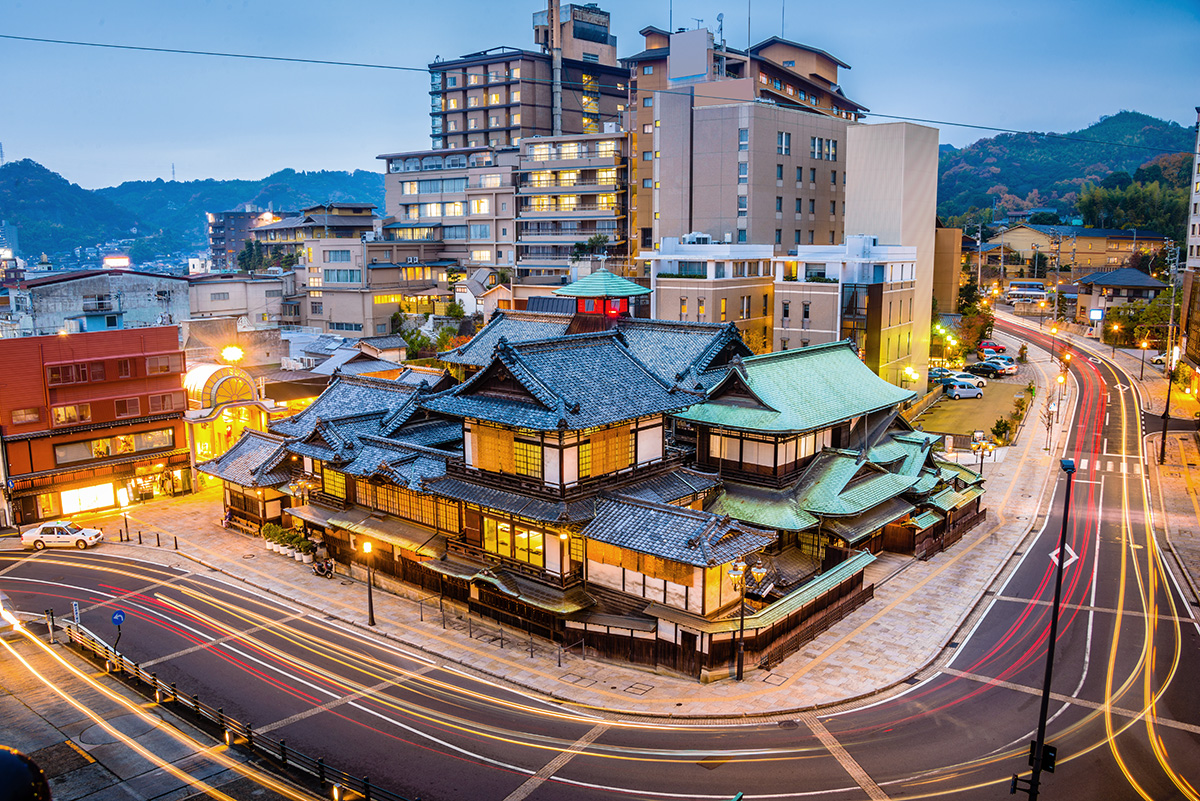Column: Matsuyama goes from inspiration to Masters champion
AUGUSTA, Ga. (AP) – The idea was to create golfing heroes, not necessarily a Masters’s champion.
Hideki Matsuyama is now both.
“I owe a deep debt of gratitude to the members of Augusta National,” Matsuyama said the night before he became Japan’s first Masters champion. “Because I wouldn’t be here today without them.” The seed was planted in February 2009, when Tiger Woods was a major champion for the fourth straight year, and players from all but one continent where golf is played were represented among the top 15 in the world ranking. The exception was Asia. Billy Payne, chairman of Augusta National, then flew to Hong Kong with then-R&A; chief Peter Dawson to announce a new tournament – the Asia-Pacific Amateur – for amateurs across a region they felt was teeming with potential. They wanted to use the powerful brand of the Masters and the deep heritage of the British Open to make golf more appealing to the next generation.

“It became obvious fairly quickly that the place we could impact the most would be throughout Asia,” Payne said that day. “We thought if we could identify good golfers and create heroes who would be emulated by other kids, in the process, they would be attracted to the game.”
Matsuyama played the second edition of the Asia-Pacific Amateur in 2010 at Kasumigaseki Country Club, about an hour outside Tokyo, the host course of the Olympics this year. He won by five shots. Also in the field that year was Satoshi Kodaira, who won the RBC Heritage at Hilton Head seven years later. Three other players that week eventually earned PGA Tour cards – Meen-whee Kim and K.H. Lee of South Korea and Xinjun Zhang of China.
world last year before the COVID-19 pandemic shut down golf.
Matsuyama first appeared in Butler Cabin as a low amateur in his Master’s debut ten years ago. Then, he won the Asia-Pacific again by one shot – Cameron Smith of Australia, a Masters runner-up last year, tied for fourth.
“When I played in my first Masters Tournament as an amateur and made the cut, I felt for the first time that I could compete on the world stage,” Matsuyama said in a 2015 email interview. “I decided right there at Augusta National that golf would be my lifelong career.”
That was the starting point for Matsuyama becoming an inspiration, if not a golfing hero, for Japan and perhaps other Asian countries. And now he’s a Masters champion. “Hopefully, I’ll be a pioneer in this, and many other Japanese will follow,” Matsuyama said during his second Sunday visit to Butler Cabin, this time as the Masters champion. “I’m glad to be able to open the floodgates, hopefully, and many more will follow me.”



